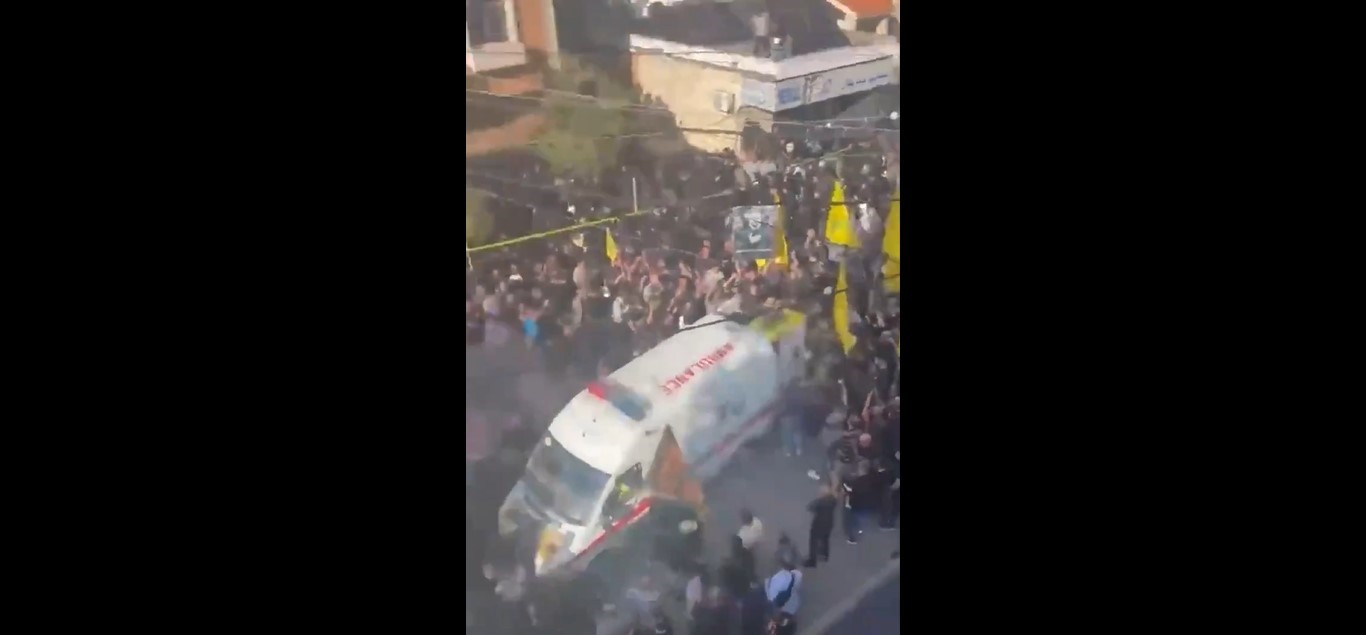
“Paper or Plastic?” How One Market Intervention Requires Another to “Correct” the Original One
The phrase “Paper or plastic?” became part of the language after states and localities, beginning near the mid-2010s, began banning single-use plastic bags. San Francisco was the first US city to ban plastic bags completely, passing an ordinance in 2007. But elsewhere before that, Bangladesh had become the first country in the world to ban plastic bags in 2002, because thin bags there were clogging drains and causing floods.
In 2014, California—with Senate Bill SB 270—was the first US state to implement a statewide ban on single-use plastic bags distributed at point of sale in grocery and other stores, and a requirement that stores sell more substantial reusable plastic bags made of recycled content or recycled paper bags, for which customers are charged ten cents each.
Single-Use Plastic Bags versus Reusable Plastic Bags
Parenthetically, note that “reusable” bags, by the terms of the 2014 law, must be designed for at least 125 uses (more on that below), and be made of thicker plastic film at least 2.25 mils—or thousandths of an inch—thick. In contrast, the term “single-use” means disposable plastic bags that are intended to be used once and then discarded. These include bags with handles distributed to shoppers at check-out, bags without handles used to protect food items from damage or contamination, bags to contain unwrapped items like bulk foods, and bags designed to be placed over clothing on a hanger, such as dry cleaning bags.
Stores keep the ten-cent fee that customers pay for each reusable plastic or paper bag distributed at customer check-out, to compensate them for the greater cost of these bags. The fee also ensures that customers who bring their own bags don’t have to subsidize the cost of other shoppers’ bags.
Plastic Bag Saga Continued (2014-2016)
Complications arose in 2014 after former governor, Jerry Brown, signed the initial statewide plastic bag ban legislation into law. Public backlash prompted a petition to place a referendum—Proposition 67—on the ballot to overturn the original statute. Voters in 2016 upheld the original single-use plastic bag ban, which has been in effect since then.
California, home to more than 10 percent of the entire US population, is considered a state laboratory—a bellwether of trends across the country. Indeed, this has been the case as statewide plastic bag bans have spread to other states in the years since 2016. By 2024, twelve states have statewide bans in place—California, Colorado, Connecticut, Delaware, Hawaii, Maine, New Jersey, New York, Oregon, Rhode Island, Vermont, and Washington.
When these plastic bag bans first appeared, who would have guessed that the simple task of transporting one’s grocery purchases to one’s own pantry would generate a need for more governmental intervention to follow? But—as so often occurs when a governmental policy produces an outcome at odds with the original intention—it is now apparent that consumers have not reused the sturdier reusable plastic bags, and the bags continue to constitute a large part of the waste stream. So much for the required 125 reuse-rate for “reusable” bags, since it appears consumers are not reusing these sturdier bags after all.
The Plastic Bag Saga Continued Again (2024)
Single-use plastic bag bans and requirements for the sturdier reusable bags have not entirely satisfied the law’s original intent. A study from US Public Interest Research Group’s Education Fund, Environment America Research and Policy Center and Frontier Group, showed evidence that such bag-ban policies do reduce plastic waste and pollution and encourage reusable bag adoption. On the other hand, a study from the American Recyclable Plastic Bag Alliance, an industry trade association, suggests the ban has negative environmental impact when considering the production footprint and life cycle of alternative bags.
Now, a decade after the state banned single-use plastic shopping bags, the California Legislature is attempting to pass additional legislation—AB 2236 in the state Assembly and SB1053 in the state Senate—to expand the state’s plastic bag ban to prohibit the reusable recycled-content bags that were first mandated in the original 2014 legislation and upheld by a public referendum, to replace the single-use plastic version.
This additional plastic bag legislation is now being justified as a necessary effort to close a “loophole” in the original 2014 single-use bag ban, though it is not clear that “loophole” is the correct term to describe what happened. In the words of the CALPIRG’s state director, “…what happened is that plastic bag companies invented these thicker plastic bags that technically meet that definition of reusable but are clearly not being reused and don’t look like reusable bags, which just circumvent the law’s intent.”
Thus, bag manufacturers and grocery shoppers are portrayed as the culprits in the story, according to environmental groups, taking advantage of the “loophole” in the 2014 legislation that lets consumers purchase sturdier plastic bags that were billed as reusable in theory but not in practice. This implies that the original 2014 legislation contained an improper definition of the term “reusable,” though the corrective legislation seems to imply that plastic bag producers were somehow able to fool the public and invent something that was not really reusable but that met the letter of the law.
What May Happen Next
The two new pieces of legislation, if passed and signed into law, would take effect January 1, 2026. As the Wall Street Journal editorialized, “…lawmakers [should] recognize that trying to micromanage consumer choices is harder than it looks and can backfire….But this is California, which really is a Golden State for ill-considered progressive experiments.” So stay tuned if you want to know what lies next for the eternal “Paper or plastic?” question.
Originally Posted at https://mises.org/
Stay Updated with news.freeptomaineradio.com’s Daily Newsletter
Stay informed! Subscribe to our daily newsletter to receive updates on our latest blog posts directly in your inbox. Don’t let important information get buried by big tech.
Current subscribers:



